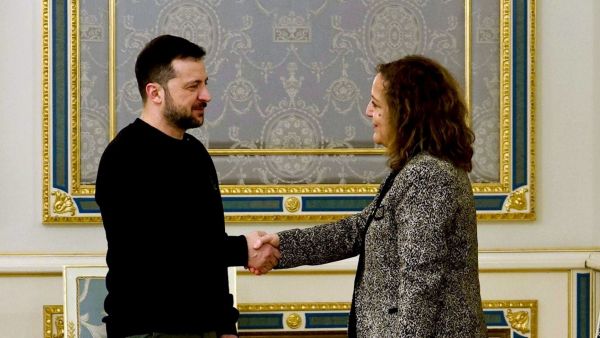For over 25 years, the Cotonou Agreement has been a platform for co-operation between the EU and African, Caribbean and Pacific (ACP) states. As the agreement expires in 2020 and new or unresolved global challenges such as poverty, the migration crisis, climate change and human-rights violations need to be addressed, renegotiations will soon be underway. The European Parliament's development committee has produced its contribution to the reflection process with the publication of a new report 'The future of ACP-EU relations beyond 2020'. The report was adopted by the committee this afternoon.
S&D development co-ordinator, European Parliament rapporteur and author of the report Norbert Neuser MEP said:
“I am happy that we gained the support of a broad majority of MEPs in the committee to back continued co-operation. Despite all the difficulties faced, this approach is bearing fruit today and shall be legally binding. We retained the advantage of having a large number of countries working together – China or the US would jump at the chance of having this sort of platform with ACP countries! On the other hand, in order to be more effective, we suggested an architecture that ensures tailor-made co-operation between smaller groups of countries. The human rights perspective will also be given more visibility and better enforcement through a biennial reporting mechanism.”
The overarching long-term goal has to be helping partner countries to become economically independent, within the framework of good governance. Therefore, Norbert Neuser added:
“Trade is an important part of ACP-EU relations. The integration of ACP countries into the world economy has advanced in recent decades thanks to their co-operation with the EU, but more needs to be done to include them in international value chains. A new agreement must include legally binding human-rights, social and environmental standards as a basis for future economic trade agreements (EPAs).”








